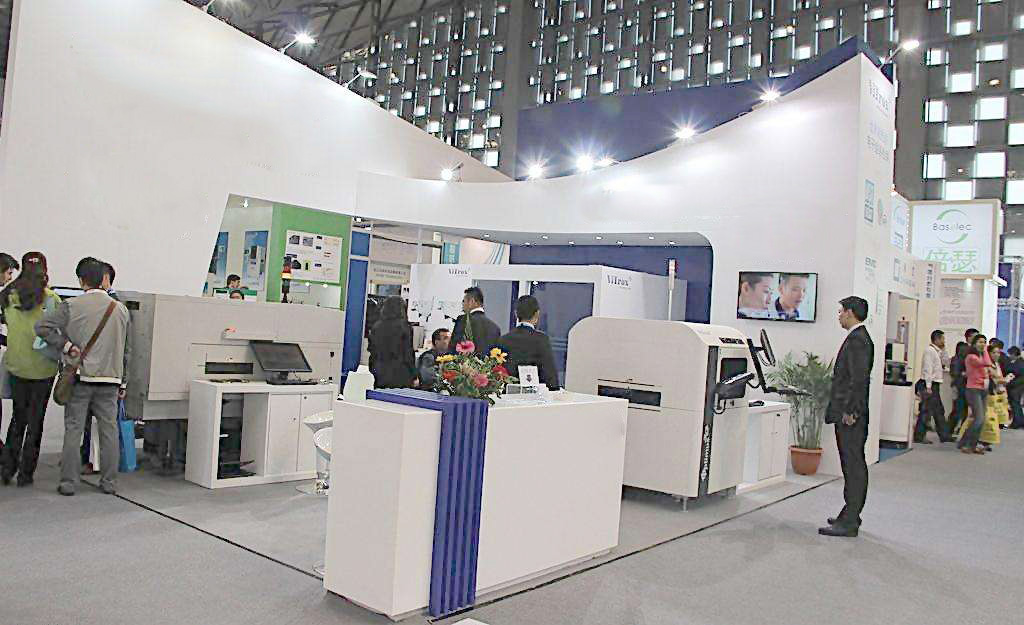Comprehensive Range of Industrial Steam Boiler Solutions for Efficient Heat Generation and Energy Recovery
Industrial Steam Boiler Products A Comprehensive Overview
Industrial steam boilers are crucial components in various manufacturing and processing industries, serving as reliable sources of steam for heating, power generation, and numerous industrial applications. These boilers are designed to operate at high pressures and temperatures, making them essential for efficient production processes in sectors such as food and beverage, pharmaceuticals, textiles, and chemical manufacturing. This article delves into the different types of industrial steam boilers, their key features, and the importance of choosing the right boiler for your specific needs.
Types of Industrial Steam Boilers
Industrial steam boilers come in various designs and configurations, each tailored to meet specific operational requirements. The most common types include
1. Fire-Tube Boilers In these systems, hot gases from combustion pass through tubes surrounded by water. The heat transfer occurs as the hot gases move through the tubes, warming the water and generating steam. Fire-tube boilers are known for their simplicity, ease of maintenance, and lower initial costs, making them popular for smaller industrial applications.
2. Water-Tube Boilers These boilers operate by circulating water inside tubes that are heated by external combustion gases. Water-tube boilers can generate steam at much higher pressures compared to fire-tube boilers, making them suitable for larger industrial applications. They are also more efficient and can respond quicker to fluctuating steam demands.
3. Electric Boilers Utilizing electric heating elements, these boilers produce steam without combustion. They are particularly useful in industries where emissions must be minimized or where a reliable source of electricity is readily available. Electric boilers are noted for their compact design and ease of installation.
4. Biomass Boilers For industries looking to adopt renewable energy solutions, biomass boilers provide an effective means of generating steam from organic materials. These boilers utilize wood pellets, agricultural waste, or other renewable sources as fuel, making them an environmentally friendly option.
Key Features to Consider
industrial steam boiler products

When selecting an industrial steam boiler, several features should be taken into account to ensure optimal performance and efficiency
- Capacity and Pressure It's vital to choose a boiler that can meet the steam requirements of your facility. Assess the maximum demand for steam and select a boiler that can comfortably handle that capacity.
- Efficiency Ratings Boilers with higher efficiency ratings will reduce fuel consumption and operating costs. Look for models that meet or exceed industry standards to ensure you are making a cost-effective choice.
- Fuel Type The choice of fuel can significantly affect operating costs and environmental impact. Consider your local fuel availability, cost, and any regulations regarding emissions when selecting your boiler.
- Automation and Control Systems Advanced boilers come equipped with automated control systems that enhance operational efficiency, reduce labor costs, and improve safety. Look for features such as remote monitoring and automatic firing controls.
- Maintenance Requirements Assess the maintenance needs of the boiler. Some models may require more frequent inspections and part replacements, leading to increased downtime and costs. Opt for designs that simplify maintenance tasks.
Conclusion
Industrial steam boilers are integral to the efficiency and productivity of manufacturing processes across various industries. When investing in a steam boiler, it's essential to evaluate the types available, key features, and specific requirements of your operation. By carefully selecting the right boiler, businesses can enhance operational efficiency, reduce costs, and promote sustainability within their practices. As industries continue to evolve, the demand for advanced, efficient steam boiler products will undoubtedly grow, driving innovations in design and technology.
-
Top Electric Steam Boiler Manufacturers - High Efficiency SolutionsNewsJul.30,2025
-
Top Electric Steam Boiler Manufacturers – Efficient Industrial SolutionsNewsJul.29,2025
-
Top Electric Steam Boiler Manufacturers | Reliable Industrial SolutionsNewsJul.29,2025
-
OEM Steam Boiler Solutions for Custom Needs | High Efficiency & VersatilityNewsJul.29,2025
-
High-Efficiency Thermal Oil Boiler for Industrial Heating SolutionsNewsJul.29,2025
-
Top Electric Steam Boiler Manufacturers for Industrial EfficiencyNewsJul.28,2025

